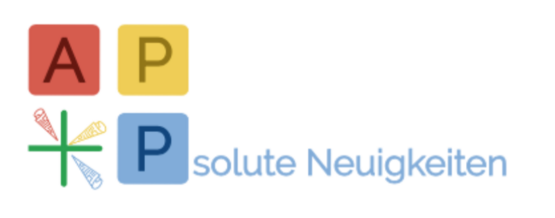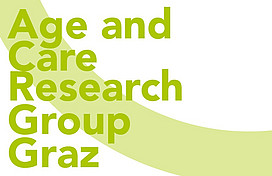End of this page section.
Go to overview of page sections.
Begin of page section: Additional information:
End of this page section.
Go to overview of page sections.
App-Solute News
Begin of page section: Contents:
Austrians regularly read printed newspapers, and within the cohort of people over the age of 60, more than 70 percent read the daily news in print. In contrast, only 25 percent of 14-29-year-olds claimed to read newspapers in a 2016 study. The ever-growing number of smartphone and tablet users increasingly read the news via e-papers, apps, and so called “digital kiosks” that make news available everywhere and at any time. Thereby, the function of reading changes in a temporal as well as spatial dimension: there is a blurred line between checking news spontaneously and an active and ritualized reading process. Furthermore, different approaches of reading news, and different consumption habits seem to prevail. Whereas younger readers seem to be more interested in quickly accessing news content, for older readers, the medium at hand plays a significant role.
The research project will investigate news-reading habits in a digital as well as analogous context by having intergenerational teams of two people – one student of the University of Graz, and one retired person from Styria at the age of 60+ – who all own digital devices that allow them to read news. They will discuss and describe the process of reading a printed paper and compare it to reading news online or in an app, and in the following, together create a digital story in which they shed light on their discussions and reading habits, as well as the questions, problems, and knowledge they got to exchange in this intergenerational setting. These digital stories, in a following step, will be analyzed by an Age and Care Research Groupteam of researchers, directed by Prof. Dr. Ulla Kriebernegg, University of Graz. The stories will be looked at from a humanities and social science perspective, and generational differences and similarities as well as stereotypes of age and aging will be investigated. The humanities and social science-based analyses will be accompanied by an economic analysis, directed by Prof. Dr. Margareta Kreimer (Department of Economics, University of Graz). Workshops and lectures held by international collaborators (ACT, TCAS, AgeCap, SDU et al) who will be invited to Graz will facilitate the learning process of all project partners. All costs will be covered.
In a final step, the research findings will be published and made available for companies, and made accessible for the public domain. The research group will develop a method in order to enhance teaching and learning qualifications in the area of digitalization, in order to enhance the production of sustainable digital products that are accessible for and friendly to people of all ages.
The project will be conducted at the University of Graz. It will specifically open certain events to the general public in order to make findings accessible and have a societal impact. The academic research will be supported by two local collaborators, the local newspaper Kleine Zeitungthat supports the project by offering access to their app, and the Human Technology Styrianetwork that acts as the connecting unit between science and public.

End of this page section.
Go to overview of page sections.

